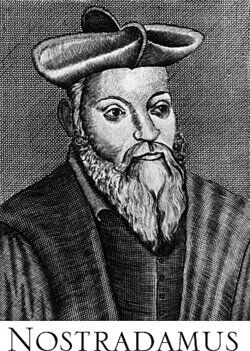The incidents of this undertaking are the theme of Washington Irving's Astoria.
Washington Irving, who had already made preparations to occupy the same field, generously withdrew in his favour.
Though cherishing a strong antipathy to the received ecclesiastical formulas, Irving's great aim was to revive the antique style of thought and sentiment which had hardened into these formulas, and by this means to supplant the new influences, the accidental and temporary moral shortcomings of which he detected with instinctive certainty, but whose profound and real tendencies were utterly beyond the reach of his conjecture.
The romance of his love affair with Sarah Curran - who afterwards married Robert Henry Sturgeon, an officer distinguished in the Peninsular War - has cast a glamour over the memory of Robert Emmet; and it inspired Thomas Moore's well-known songs, "She is far from the land where her young hero sleeps," and "Oh, breathe not his name"; it is also the subject of Washington Irving's "The Broken Heart."
In Dean cemetery, partly laid out on the banks of the Water of Leith, and considered the most beautiful in the city (opened 1845), were interred Lords Cockburn, Jeffrey and Rutherford; " Christopher North," Professor Aytoun, Edward Forbes the naturalist, John Goodsir the anatomist; Sir William Allan, L Sam Bough, George Paul Chalmers, the painters; George Combe, the phrenologist; Playfair, the architect; Alexander Russel, editor of the Scotsman; Sir Archibald Alison, the historian; Captain John Grant, the last survivor of the old Peninsular Gordon Highlanders; Captain Charles Gray, of the Royal Marines, writer of Scottish songs; Lieutenant John Irving, of the Franklin expedition, whose remains were sent home many years after his death by Lieut.





